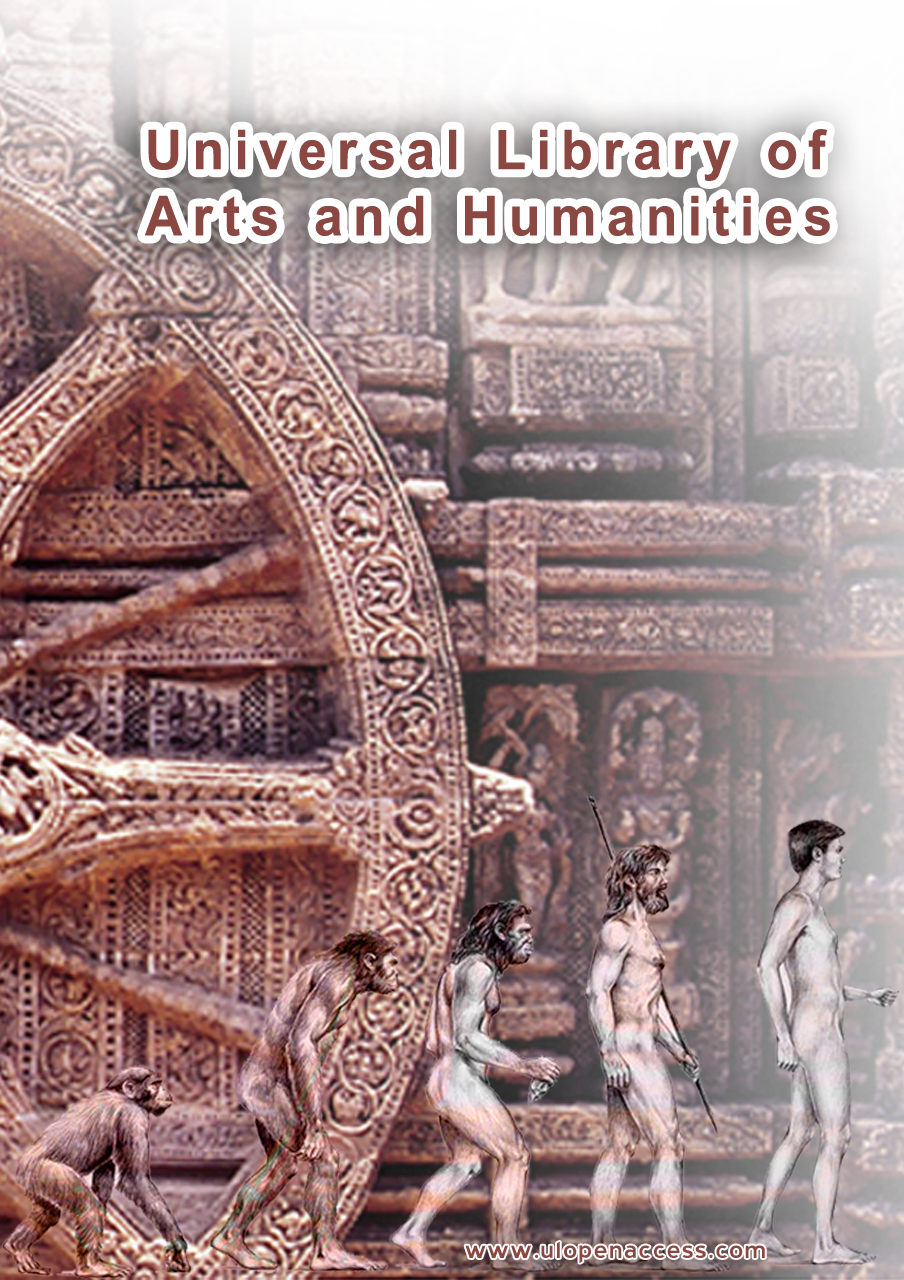Burning Alive in a Ruthless Matriarchy: A Critique of “Stench of Kerosene” By Amrita PritamDr. Edirisingha Arachchige Gamini Fonseka Citation: Dr. Edirisingha Arachchige Gamini Fonseka, "Burning Alive in a Ruthless Matriarchy: A Critique of “Stench of Kerosene” By Amrita Pritam", Universal Library of Arts and Humanities, Volume 01, Issue 02. Copyright: This is an open access article distributed under the Creative Commons Attribution License, which permits unrestricted use, distribution, and reproduction in any medium, provided the original work is properly cited. AbstractThis paper critiques Amrita Pritam’s short story “Stench of Kerosene”. It probes into Pritam’s narrative from a literary and psychological perspective. Fundamentally, it semiotically assesses the metaphors engendered by “the mare” that takes Guleri away, “the harvest festival of Chamba” that causes her physical separation from Manak, “the hookah” Manak smokes to overcome his sorrow, “the flute” Manak gives Guleri as an assurance of his fidelity, “the bride price” Guleri’s father declines to mean that his daughter is not a child-bearing machine for sale, “the baby” born to Manak’s second wife as the posthumous replacement of Guleri, “the kerosene stench” that suggests the fire in which Guleri died, and later the agent of the olfactory hallucination that tortures him psychotically. Moreover, it discusses the social, cultural, psychological, and moral implications of the significant developments in the storyline under eight sub-topics: 1) Invitation from Guleri’s Parents; 2) Manak’s Reaction to the Invitation; 3) Guleri’s Immaturity as a Juvenile; 4) Manak as a Subject of his Mother’s Matriarchy; 4) Manak’s Guilty Conscience; 5) Manak’s Destiny in His Second Marriage; 6) Guleri-Manak Relationship; 7) Pritam’s Application of Irony; and 8) Pritam’s Attainments in “Stench of Kerosene”. Overall, the paper strives to expose how the regimentally implemented conditions of a matriarchy maintained in an irrational society suppress fundamental human values. The focal point it attempts to foreground in Pritam’s message is that women are not child-bearing machines and any resort to treat them as disposable items based on their obstetric complications is humanistically despicable. Keywords: Love, Child Marriage, Reproduction, Mother-in-Law, Sterility, Olfactory Hallucination, Amrita Pritam, Matriarchy, Bride Market, Trauma Download |
|---|

